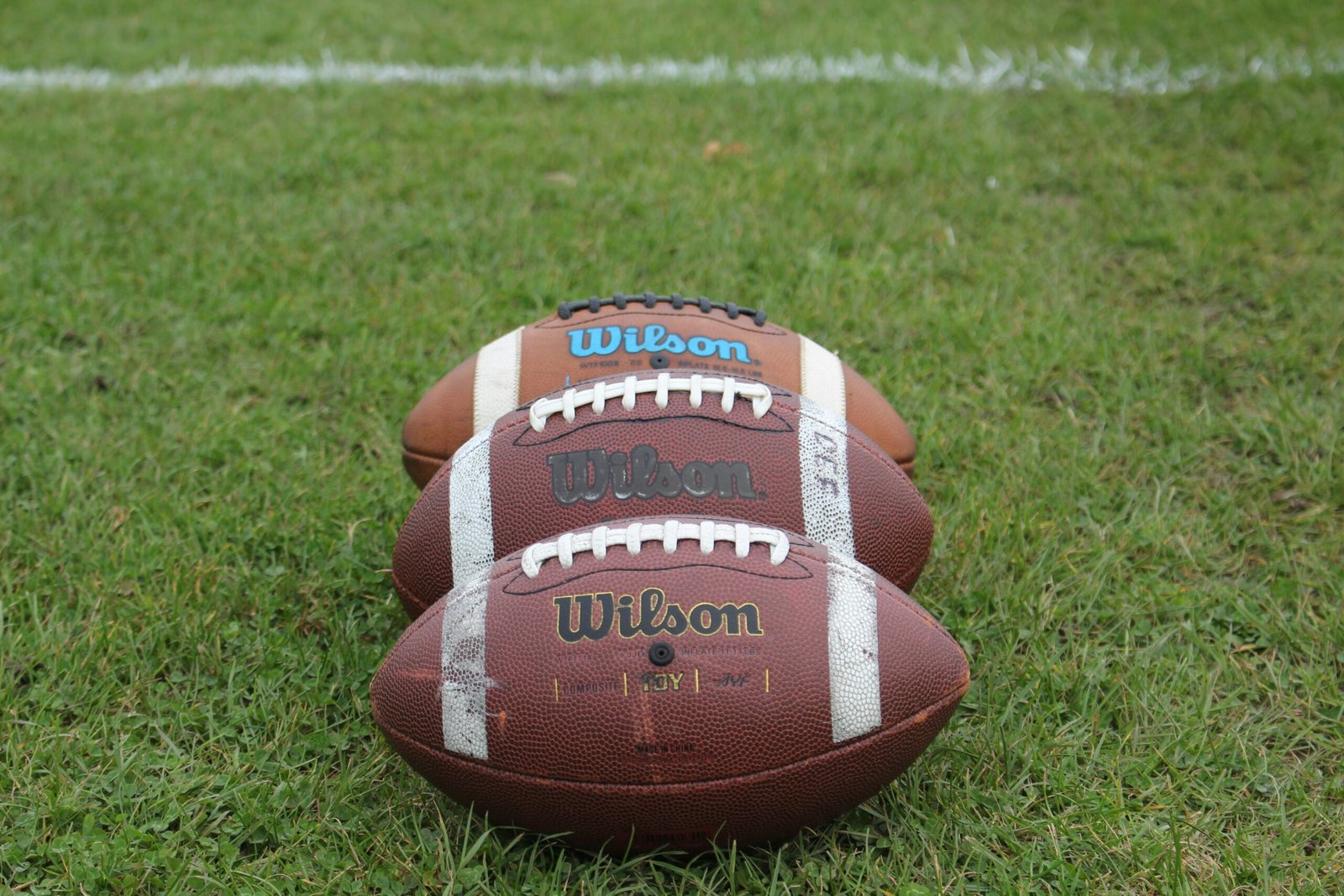Sports have long been an integral part of human culture, spanning across generations, societies, and nations. The impact of sports is not confined merely to entertainment or recreation. The profound influence that sports have on our way of life, from our personal motivation and skill development to our overall health, physical fitness, and social structures, is undeniable. This article will explore how sports impact various facets of our daily lives, focusing on aspects like motivation, skill development, health, fitness, social benefits, and more.
Motivation: Igniting the Drive to Achieve
One of the most significant impacts of sports on our way of life is the way it fuels motivation. Whether you are a professional athlete or someone simply participating in recreational activities, sports instill a sense of purpose and ambition. Athletes set goals, work tirelessly to achieve them, and constantly push their limits, all of which fosters a mindset centered around growth and perseverance.
From a young age, sports encourage individuals to pursue excellence, instilling a strong work ethic that carries over into other aspects of life. People involved in sports often learn to overcome setbacks, adapt to challenges, and persist through failures—skills that are crucial in personal and professional settings. This focus on goal-setting and achievement can inspire individuals to reach new heights in their education, careers, and personal lives.
Skills: Building Competence and Confidence
Engaging in sports requires the development of a variety of skills, both physical and mental, which significantly impact our way of life. These skills often extend beyond the playing field and positively affect other areas of life.
- Physical Skills: Sports require the development of physical abilities such as strength, speed, agility, coordination, and endurance. Regular practice and participation help individuals fine-tune these physical skills, leading to improved overall fitness and a healthier lifestyle.
- Mental Skills: Sports also sharpen cognitive abilities such as strategic thinking, problem-solving, and decision-making. Players must constantly evaluate their opponents, adjust strategies in real-time, and work as part of a team, which enhances critical thinking and mental agility.
Furthermore, the mastery of sports skills fosters a sense of accomplishment and boosts confidence. As athletes progress and improve, they gain a deeper sense of self-worth and a belief in their ability to succeed.
Fitness: Strengthening the Body and Mind
One of the most apparent ways sports impact our way of life is through fitness. Regular participation in physical activities helps build and maintain good physical health, supporting both our bodies and minds.
Physical Fitness and Well-being
Sports provide a structured way to exercise, which is essential for maintaining a healthy body. Regular involvement in physical activities such as running, swimming, cycling, or playing team sports has numerous benefits for physical health, including:
- Improved Cardiovascular Health: Physical exercise through sports boosts heart health by improving circulation, reducing the risk of heart disease, and lowering blood pressure.
- Increased Strength and Flexibility: Many sports improve muscle tone and flexibility, reducing the risk of injuries and enhancing physical endurance.
- Weight Management: Sports are effective in burning calories, supporting weight loss or weight management by promoting fat loss while preserving lean muscle mass.
Mental Fitness and Stress Reduction
Sports also have a significant impact on mental well-being. Regular physical activity is known to reduce stress, anxiety, and depression. The endorphins released during exercise create feelings of happiness and relaxation, leading to better mental health. Sports can act as a powerful coping mechanism for individuals dealing with stress or mental health challenges.
Playing sports also helps individuals build resilience and improve their mental toughness, essential components in dealing with life’s challenges. Engaging in physical activities allows people to clear their minds and refresh their spirits, improving their overall quality of life.
Social Interaction: Building Stronger Communities
Sports have an unparalleled ability to bring people together. Whether it’s local recreational leagues or international competitions, sports create opportunities for individuals from diverse backgrounds to connect and collaborate.
In team sports, participants must communicate effectively, cooperate, and support one another to achieve a common goal. These social interactions foster a sense of belonging and unity. From neighborhood pick-up games to professional matches, sports create communities where individuals bond over shared experiences, forming friendships that extend beyond the game.
Furthermore, sports teach important social values such as teamwork, respect, leadership, and discipline. These lessons extend to daily life and help individuals become more empathetic, cooperative, and socially responsible. The team-oriented nature of many sports promotes collective effort and cooperation, which is vital for creating a positive social environment.
Cultural Influence: Shaping National and Global Identity
Sports can be a powerful tool for fostering cultural identity and pride. They transcend national borders, creating a sense of shared purpose among citizens. Major international sporting events such as the Olympics or the FIFA World Cup bring together people from all over the world, celebrating human achievement and cultural diversity.
In many countries, sports play a crucial role in national pride and unity. Athletes who perform well in international competitions are often seen as representatives of their countries, which can unify people from different regions, ethnicities, and social backgrounds.
Moreover, the global nature of sports provides a platform for cultural exchange, where individuals can learn about different traditions, languages, and practices. The widespread popularity of sports like football, basketball, and tennis brings people from various cultures together, fostering greater understanding and mutual respect.
Health and Longevity: A Path to a Longer, Healthier Life
Sports can significantly influence the quality and longevity of our lives. Engaging in physical activities not only improves cardiovascular health but also reduces the risk of chronic diseases such as diabetes, obesity, and arthritis.
Regular physical activity strengthens the immune system, improves bone density, and increases flexibility, all of which contribute to better overall health as we age. Additionally, sports provide an outlet for maintaining mental sharpness and reducing cognitive decline associated with aging.
For individuals who stay active through sports, the risk of developing lifestyle-related health issues is greatly reduced. Sports also contribute to better sleep quality, energy levels, and overall happiness, enhancing the quality of life in the long term.
Economic Impact: A Multibillion-Dollar Industry
Sports play a significant role in the global economy, impacting not only the athletes and their teams but also industries related to sports entertainment, media, equipment manufacturing, and tourism. The sports industry contributes billions of dollars to the global economy, creating jobs and generating revenue from ticket sales, broadcasting rights, merchandise, and sponsorship deals.
In addition, sports events often drive tourism, as people travel to watch games or participate in sports-related activities. Cities and countries host major events such as the Super Bowl, World Cups, and Olympic Games, which contribute to local economies and create a sense of pride among residents.
For individuals, sports also offer career opportunities, from becoming professional athletes to working as coaches, managers, fitness trainers, or sports journalists. The sports sector is one of the largest employers worldwide, creating an economic impact that ripples through various other sectors.
Conclusion: A Transformative Force in Society
Sports are much more than just games; they are an essential part of our way of life. Whether it’s motivating individuals to achieve their goals, building skills, improving fitness, or fostering social connections, the impact of sports on society is far-reaching. Sports help people build character, stay healthy, and become better citizens, both locally and globally.
From promoting physical and mental well-being to creating a sense of community and cultural pride, sports enhance every aspect of life. By embracing sports, individuals and societies can unlock numerous benefits that improve their quality of life and contribute to a healthier, more connected world.





